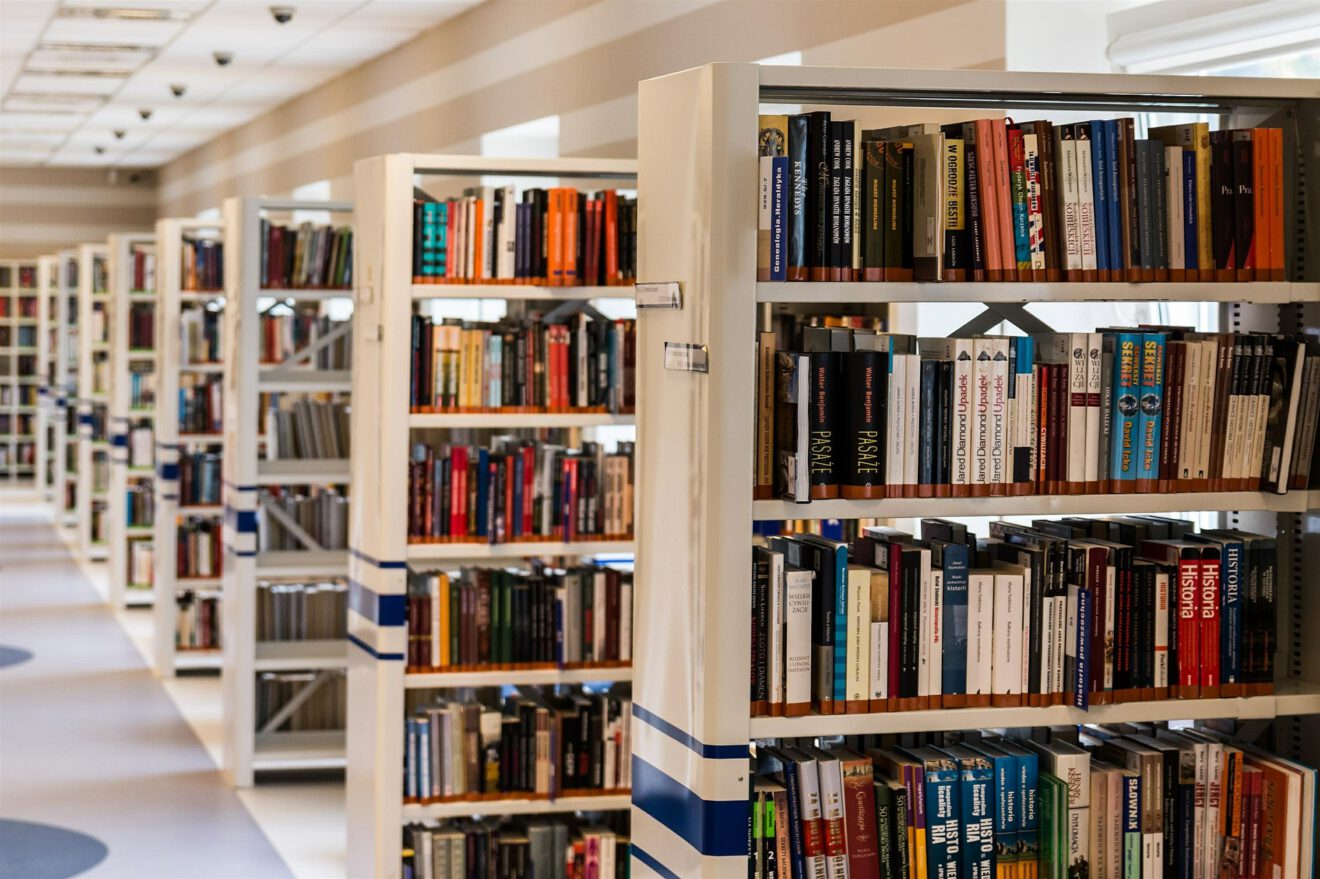It was an unlikely partnership between a librarian and the physical education department that underscored for Rebecca Scott the importance of partnerships between school libraries and teachers. Department leaders wanted to put together a professional learning community network project on “eating lifestyles,” Scott, a librarian at North High School in Downers Grove, Ill., said during a recent interview on Education Talk Radio, and they turned to Scott for research and presentation assistance.
“We always work with English and social studies but working with those other departments is just as important,” said Scott, whose recent article with eSchool News on how librarians can lead a tech revolution was recognized with a Smart Brief Editor’s Choice Award. “It’s so real life, too, to research eating lifestyles and making it unique for them and robust enough that students were learning about the topic and being able to present that information was very important and very rewarding.”
She says her piece was inspired by a conversation with a science teacher seeking to refresh a past lesson on genetic disorders that usually culminated in students producing an informational brochure. This time, the teacher wanted to help students develop a Google site instead.
Scott realized that librarians have differing comfort levels with technology and wrote her piece to remind librarians that they “have to have technology integration and working with teachers and technology is part of a strong program.” She says that while librarians aren’t expected to be experts in every program, they can serve as “a resource, a facilitator, someone who can troubleshoot,” and point teachers in the right direction. She hopes that her article can ease technology fears among librarians and help them break out of their perceived roles.
“To me there are three types of librarians,” she says. “You have your book librarian, your research librarian and your tech librarian. We have to be able to live in all worlds. [The article] was speaking to that tech piece for any one of those three types of librarians that we can all do this and be successful, no matter what department we’re working with or how big of a project we’re working on.”
For Scott, it’s important for her, and the two other librarians in her school, to attend department meetings at least once per quarter. “You learn so much even if you just sit in the room and listen to what they’re doing. They do appreciate having you there so it’s not always about going in to tell them about the library.”
In the future, Scott expects a fourth type of librarian to emerge: The virtual librarian that can integrate their skills with blended and virtual learning. “[W]e need to create a virtual presence […] Maybe we just check in with students either online or physically or they can chat with us somehow. I really want to see that part of school librarianship grow so that we look to that virtual type of librarian.”
Candace Chellew-Hodge is a freelance writer and contributing editor in SmartBrief’s education department.
____________________________________
Like this article? Sign up for SmartBrief on EdTech to get news like this in your inbox, or check out all of SmartBrief’s education newsletters , covering career and technical education, educational leadership, math education and more.
